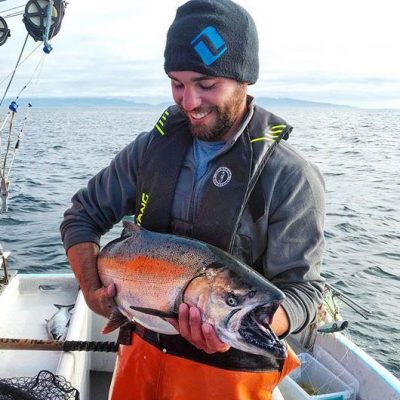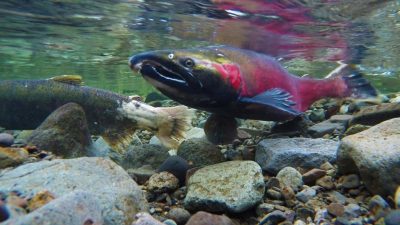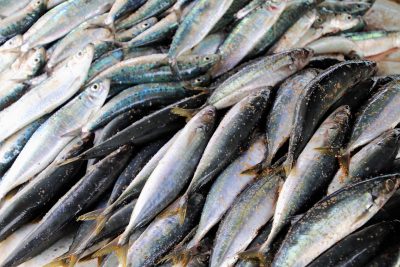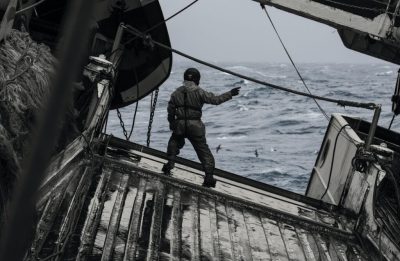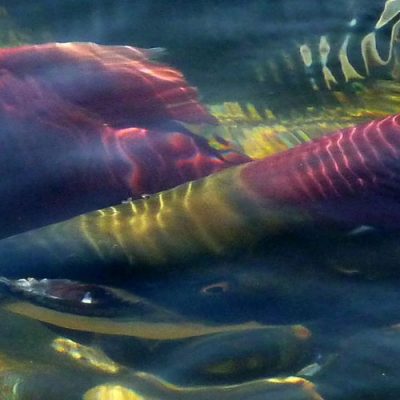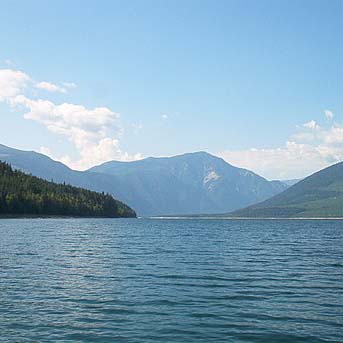When the ocean changes the rules for Wild Salmon
One of the threats salmon face has a deceptively gentle name: thiamine deficiency complex.
Hindcasting the Salish Sea reveals long-term patterns of environmental change
Greig Oldford, PhD Candidate at the University of British Columbia’s Institute for the Oceans and Fisheries (IOF) recently co-developed The Hindcast of the Salish Sea (HOTSSea) to address gaps in historical observations.
Climate change will have an adverse impact on trophic amplification in marine food webs
Climate-driven changes in ocean environmental conditions — ocean warming, deoxygenation and acidification — are projected to affect the physiological functions of marine organisms, their geographic distributions, biological life cycles and total biomass.
Fish buffered from recent marine heatwaves, showing there’s still time to act on climate change
Fish were surprisingly resilient to marine heatwaves before 2019, highlighting the need to keep seas from warming further, according to new research.
Dr. Brian Hunt receives NSERC Discovery Grant to research the impacts of urbanization on the coastal ocean
Dr. Brian Hunt will receive an NSERC Discovery Grant for work on the impacts of urbanization on coastal oceans, specifically regarding ocean cities.
BC is facing a steep decline in sockeye salmon
The sockeye population has been in decline for a century – since 1913, returns in the Skeena River have dropped by 75% – and while there are many factors at play, says Dr. William Cheung, “climate change is definitely one of them.”
5 things you can do to help BC’s marine ecosystems
In the face of declining fish stocks like sockeye salmon, marine heatwaves and massive coastal die-offs, it can sometimes feel as though protecting our ocean ecosystems is a hopeless task. But there are things we can do.
